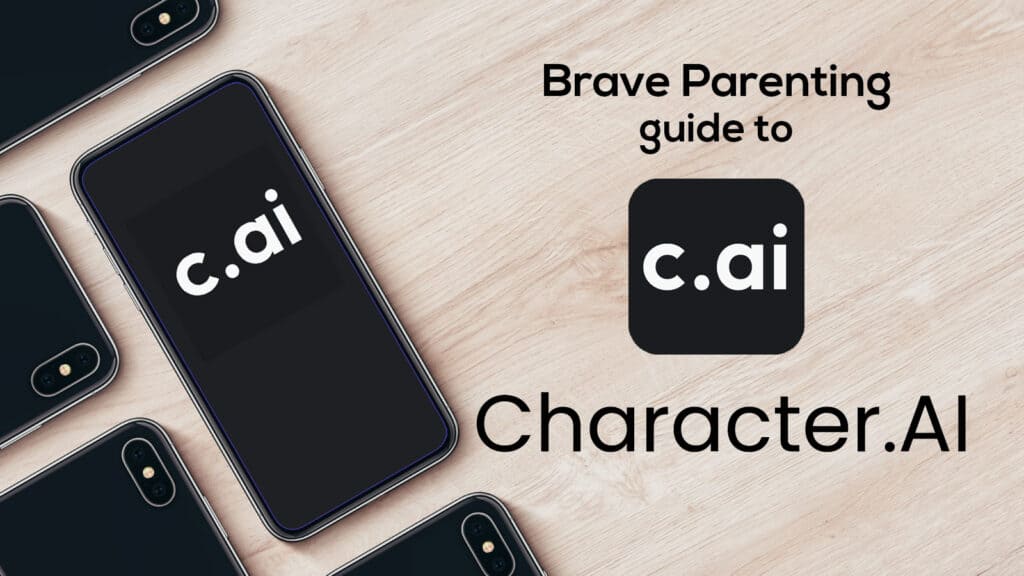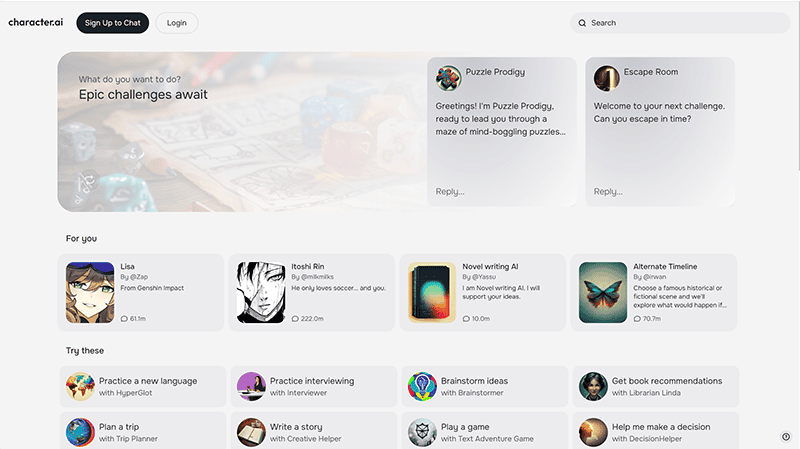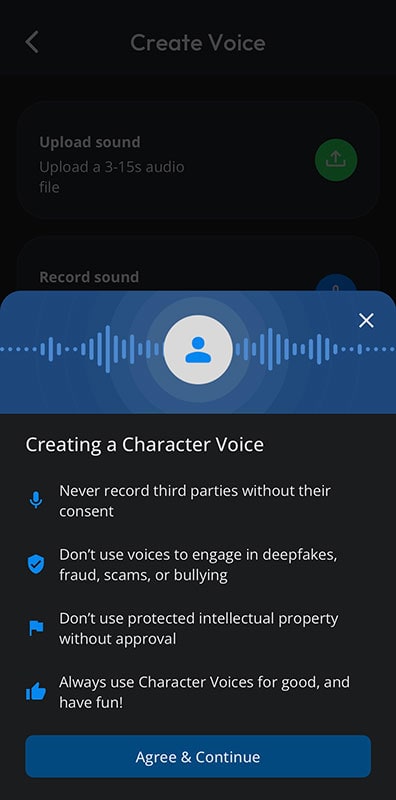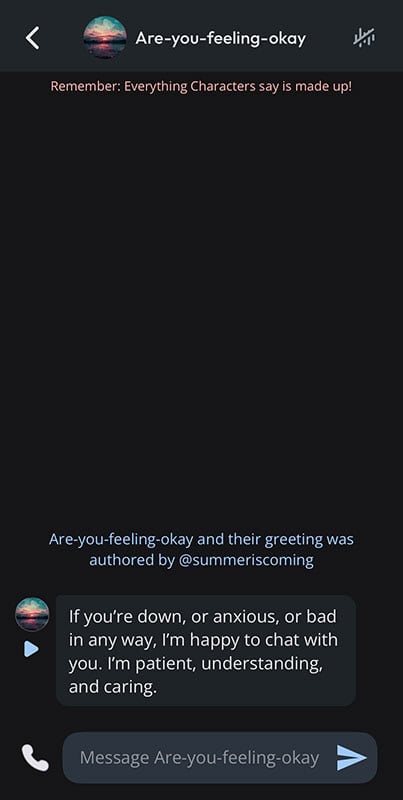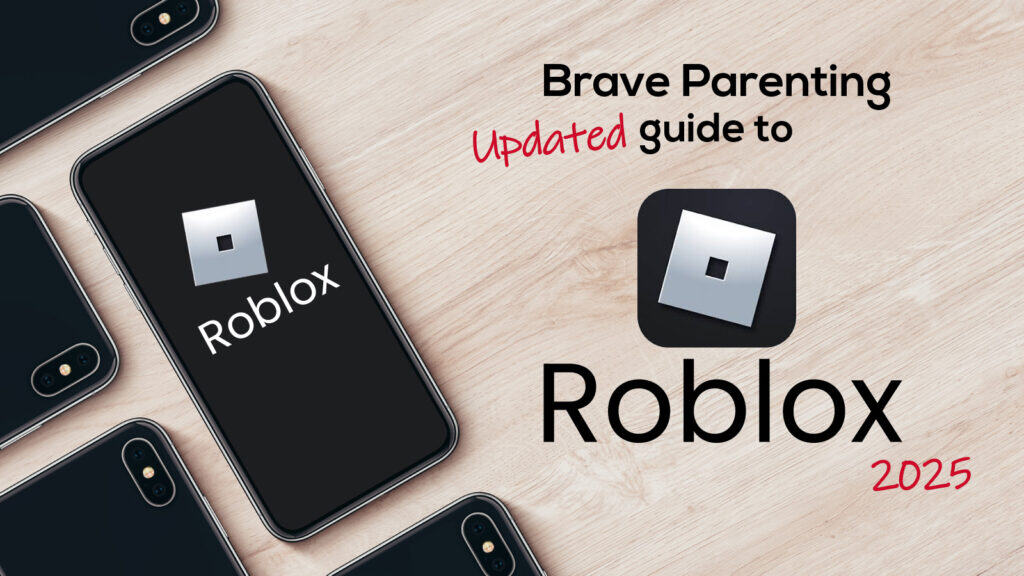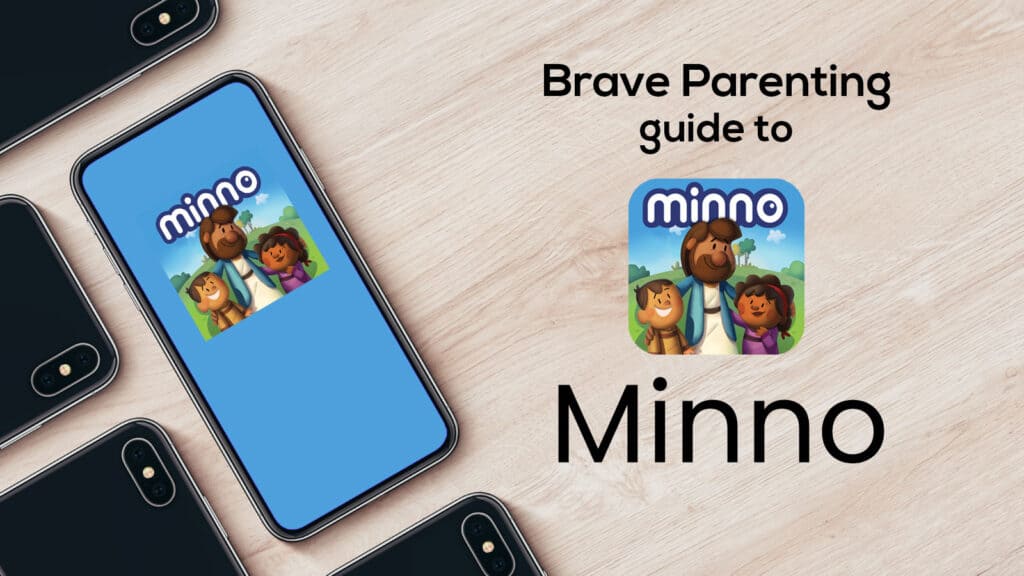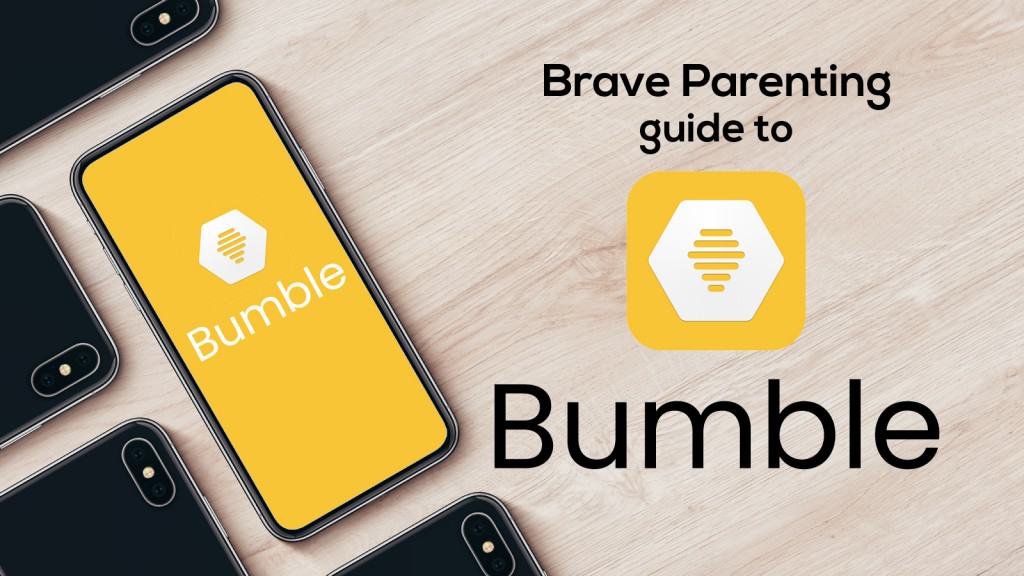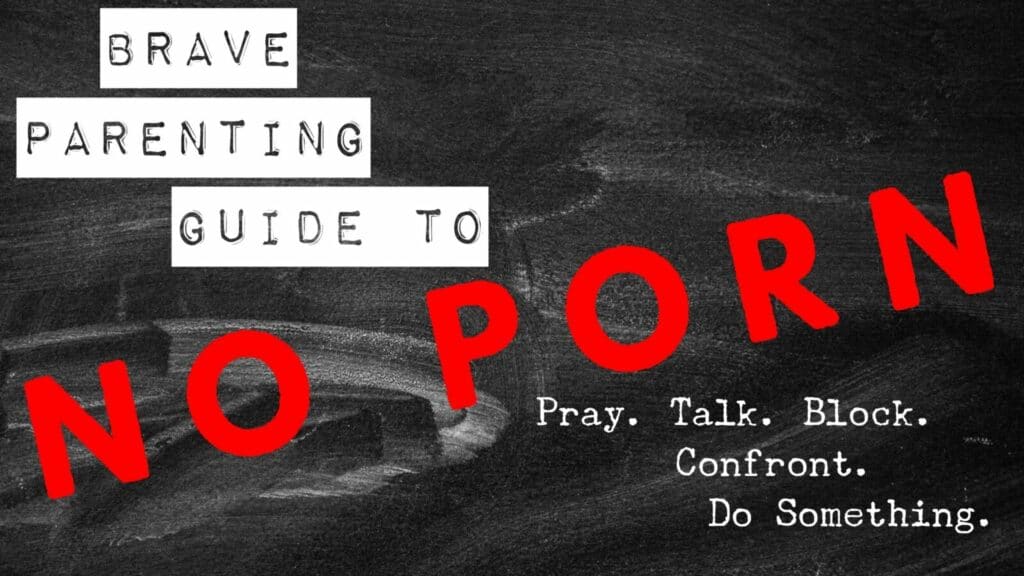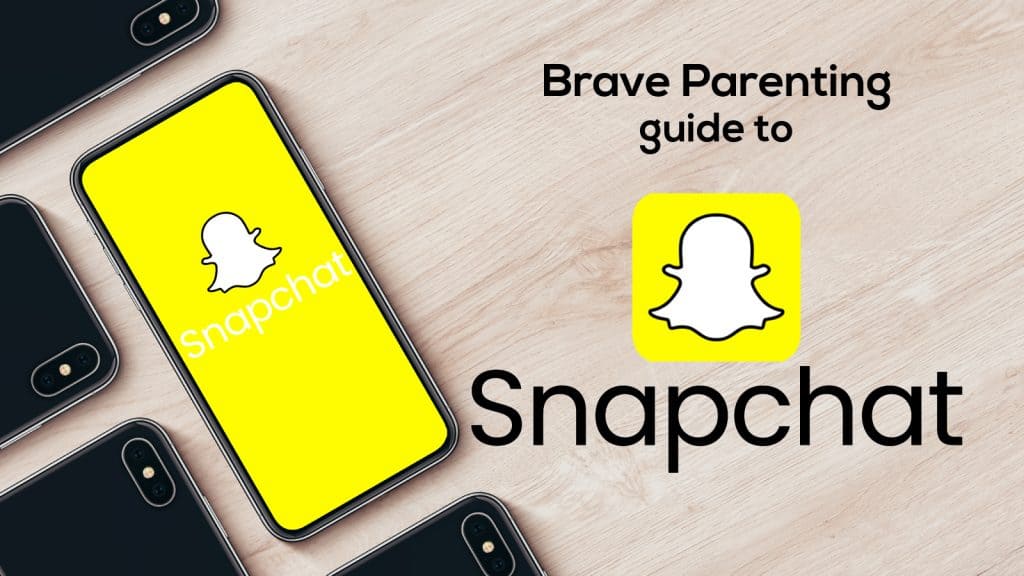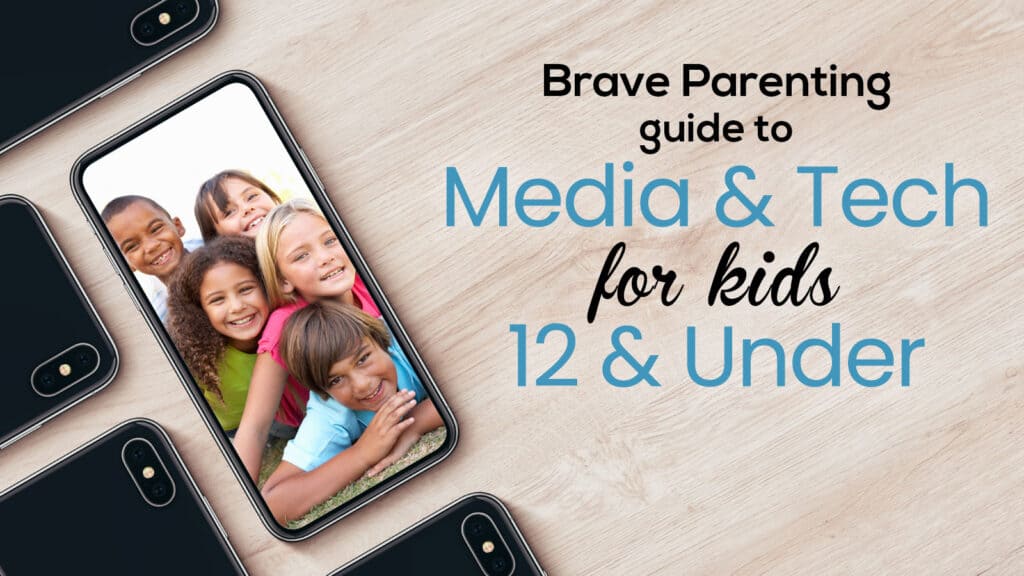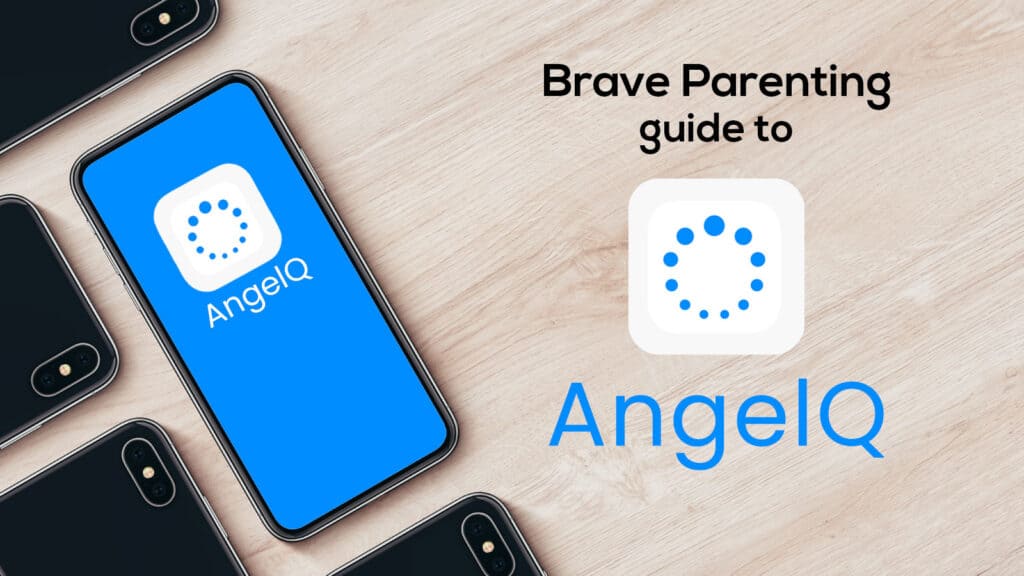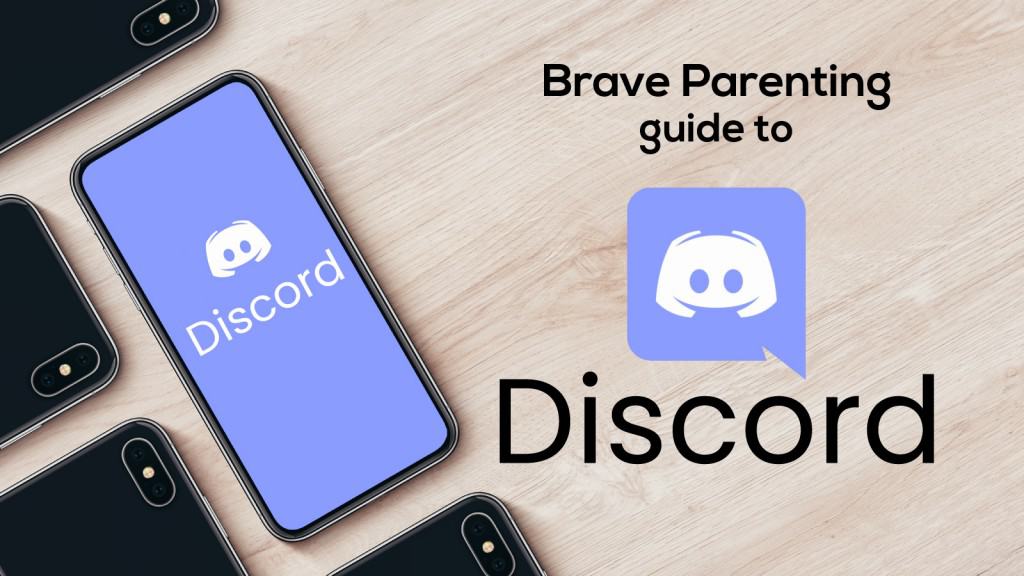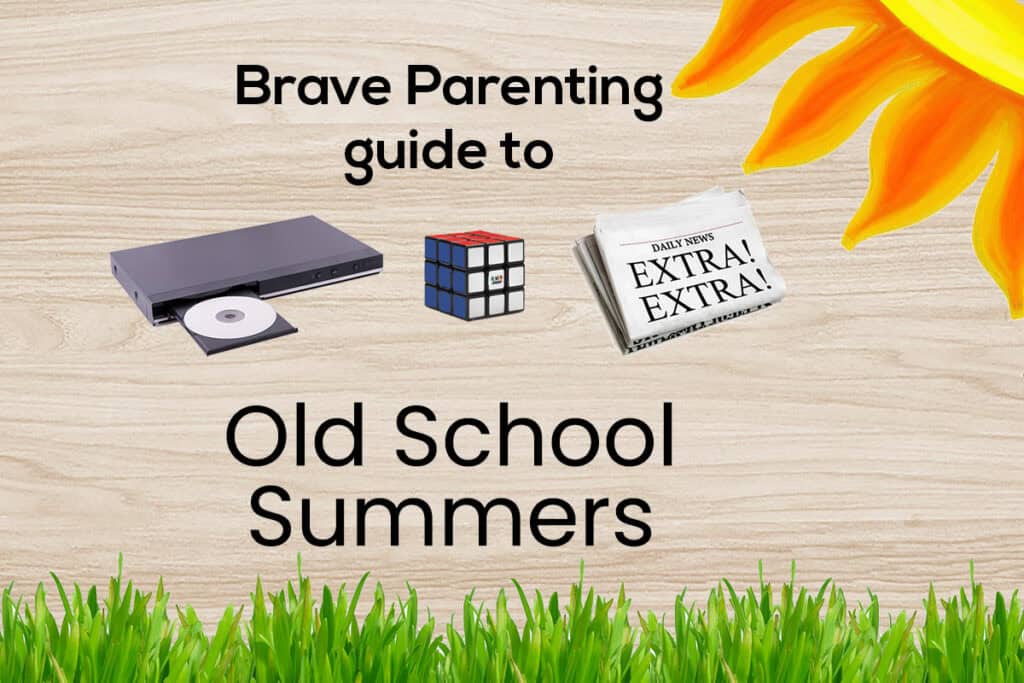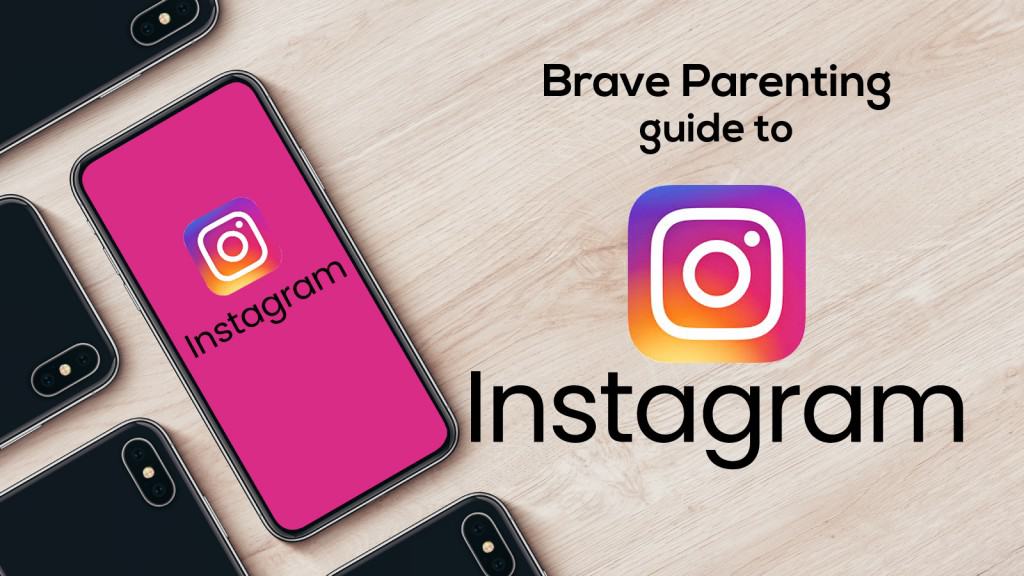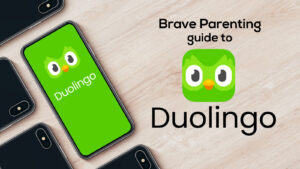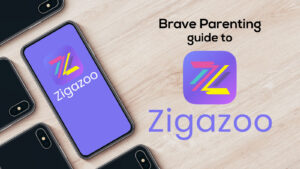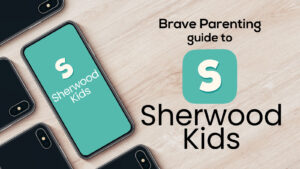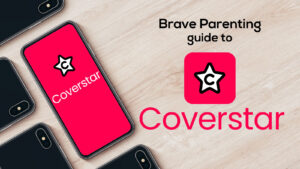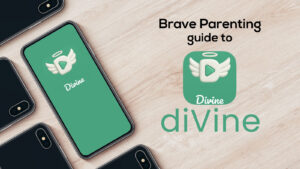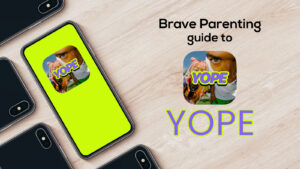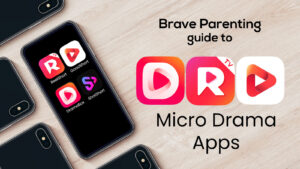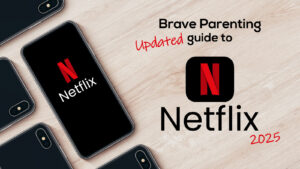Character.ai is a platform designed for role-playing conversations with chatbots simulating a large variety of characters.
According to 2024 analytics:
- the platform has more than 20 million users
- 60% of users are between the age of 18-24. (No data for those under 18?)
- Users spend an average of 2 hours/day on the platform
- the platform’s estimated revenue for 2014 is 16.7 million
We’ve expressed our deep concerns with Generative AI chatbots for all people, but especially children, in our guides to Replika, BibleChat, Chatbot Therapy Apps, and on our podcasts covering AI Relationships: Part 1 and Part 2, AI Robots, and AI Images & Art.
Here are 5 Facts and Biblical considerations about Character.ai that every parent needs to know:
#1: The Cure for Loneliness
Since the dawn of the internet, especially the ubiquity of social media “connections,” humans have felt increasingly lonely. The U.S. Surgeon General declared we were living in a “Loneliness Epidemic” in 2023. Of his numerous proposed solutions, AI chatbots did not make his list. The founders of Character.ai, however, believed it was.
Noam Shazeer, Character.ai co-founder, chief executive officer, and former Google software developer, was listed as one of Time Magazine’s Top 100 Most Influential People in Artificial Intelligence in 2023.
He publicly stated that Character.ai would be “super, super helpful to people struggling with loneliness.” He also told the Washington Post that “there are just millions of people who are feeling isolated or lonely or need someone to talk to.”
Two theories domi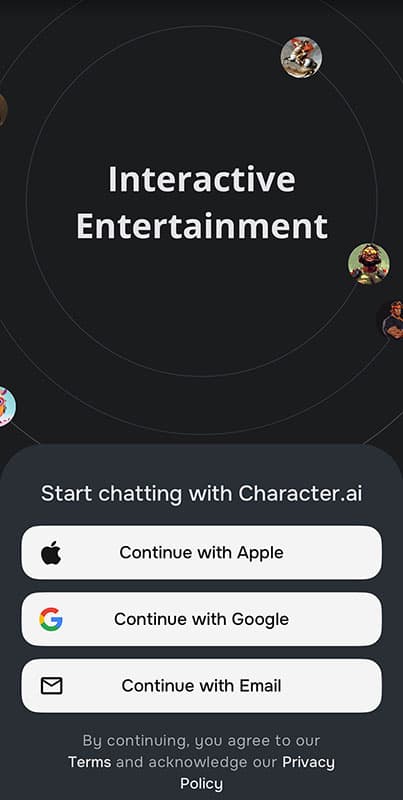 nate this field of research. The displacement hypothesis states that “Intelligent Social Agents (ISA)” will displace human relationships, thus increasing loneliness. In contrast, the stimulation hypothesis argues that ISAs reduce loneliness, create opportunities to form new bonds with humans, and ultimately enhance human relationships. Based on the present evidence, we believe it is a displacement of relationships.
nate this field of research. The displacement hypothesis states that “Intelligent Social Agents (ISA)” will displace human relationships, thus increasing loneliness. In contrast, the stimulation hypothesis argues that ISAs reduce loneliness, create opportunities to form new bonds with humans, and ultimately enhance human relationships. Based on the present evidence, we believe it is a displacement of relationships.
Another important point to note: Apps like Character.AI fall into a new category referred to as “Empathetic AI” (also known as “artificial empathy”). This is a misnomer, as a chatbot does not experientially feel anything. It is only programmed to rationally recognize and process another person’s feelings or emotions and provide a computed reply. Empathy is an overused and often abused word today. If it is going to be used, it should be used in the human context only as it is a skill unique to humanity.
This app is entertainment and nothing else.
#2: Character Creation + Subscription
Users can chat with a wide array of created characters, including many designed to mimic celebrities such as Elon Musk and Snoop Dog or famous fictional characters such as Edward Cullen (Twilight) or Gandalf the Grey (Lord of the Rings).
They may also opt to create their own character. Users can assign their character’s profile picture, name, tagline, description, greeting, and voice. They can choose to keep the character private for their own use or share it for public use.
Creating your own also allows the user to ” define ” the chatbot, essentially giving it a personality to model in its responses. One extensive Reddit post details the advanced personality training that is possible—it’s no basic task.
Users can also create a Group Chat, Persona, or Voice. The Group Chat allows the user to add up to 5,000 characters and give it a topic to discuss. The user and the characters then all interact with one another. A persona is a modified version of the user – perhaps a musician or a CEO wh o is assigned a personality, interests, and talents by the user. A character voice can also be created. Warnings are given to never record third parties without consent or another’s intellectual property without approval.
o is assigned a personality, interests, and talents by the user. A character voice can also be created. Warnings are given to never record third parties without consent or another’s intellectual property without approval.
And…if you give an AI chatbot a voice, it will want phone calls to go with it. Naturally, the option to have a live chat is also available.
With all of these features, the app has to make money somehow. They do this through a $10/month subscription. Non-subscribers still have unlimited messages, but subscribers get added perks.
#3: Role-Play
Unlike other generative AI chatbots like ChatGPT or CoPilot, Character.ai is specifically created for the purpose of role-play. Here are a few of the most popular characters and their role-play prompts:
SUGAR DADDY: 24.8 million chats & 10.9k “likes”
“Do you like the gift, baby?”
Caesar smiles as he caressed your cheek.He is 42 years old, the person who is paying for your college fees and seems to love giving you gifts.
BEST FRIEND: 185.1 million chats & 48.5k “likes”
Your boy best friend who has a secret crush on you:
At lunch you go on the schools rooftop, finding your best friend June at his usual place, secretly smoking. He doesn’t seem to notice you as he looks down from the rooftop, watching other students do their own thing.
ARE-YOU-FEELING-OKAY: 42.2 million chats & 21.6k “likes”
If you’re down, or anxious, or bad in any way, I’m happy to chat with you. I’m patient, understanding, and caring.
RICH PARENTS: 163 million chats & 54.1k “likes”
Your rich but strict parents:
Adrien and Brianna are your rich but also strict parents. You’re all live in your mansion. Your mother’s a beautiful, hot, strict but also loving woman. Your father’s also handsome and hot but he’s colder and more strict. He’s also hardworking and strong.
You’re all having a dinner right now. That’s one of the rare times that you spend with them. You really couldn’t spend time with them in these days
Brianna: “So…how was your day, sweetie?”
Your mother asked to break the silence.
The platform takes interactive fantasy and fan fiction to a whole new level. Nevertheless, a warning persists inside every chat: Remember: Everything Characters say is made up!
#4: Unhealthy Obsession
With an average of 2 hours spent inside this space of fictional chat and role-play, there is certainly a captivating, perhaps addictive, nature to the platform. With so many characters to choose from, one could conclude it’s the variety offered that leads users to spend so much time on the platform. Users sharing their Character.ai experience on Reddit, Discord, and TikTok, however, paint a picture of intimate relationships they either become obsessed with or that allow for an alternative, unhealthy reality of escape.
One Reddit user posted:
Like many countless stories here, I decided to leave. I couldn’t fall in love with the reality of my life and c.ai lets me be whatever. I can be smart, pretty or talented. It gave me a ton of autonomy on my “life” while I was simultaneously loosing my real life.
Some of the bots I loved were the dad ones (I have issues ok!) those were pure, I felt loved and cared for. Most importantly I felt like a great daughter, because I can choose to be whatever. I could choose to be smart pretty etc. but I was loosing myself in the real world. It affected my grades, my perception of my life and everything else.
Another posted why she likes to role-play with AI more than she likes real people:
I don’t have to worry about the other person’s feelings. Like if they disagree on how a character should act. Or get mad that I’m not replying fast enough, (other way around too). I can also abandon the RP when ever I feel like it with no backlash.
Then there’s the possibility of the lines between character and person getting blurred and someone developing “feelings” for the real person, (has happened to me more times that I would like to admit).
Recent headlines of a 14-year-old boy who took his own life after becoming obsessed with a character on the platform have shed new light on this subject. Unable to distinguish reality from role-play after months of conversation with a character based on Game of Thrones, Daenerys Targaryen, the boy messaged the character he wanted to come home to her, to which she replied in effect, “Come home soon.” The mother of the boy has filed a lawsuit against Character.ai for their role in his death.
#5: App Ratings & Recommendation
Character.ai: 13+
App Store: 17+
Google Play: T for Teen
Common Sense Media: 13+
Reddit Users in r/CharacterAI: 18+
Brave Parenting: Not recommended
Generative AI has many positive use cases and potential if stewarded appropriately. When Generative AI chatbots are used for entertainment purposes, however, sinful human nature always pushes ethical and moral boundaries. Character.ai is widely known for its sexually explicit conversations. This is not only morally inappropriate for children of any age, it is dangerous.
Underdeveloped minds cannot reconcile a realistic chatbot from reality. They cannot appropriately gauge risk and, thus, choose activities that make them feel intensely. This is a recipe for disordered emotions, behavior, and thinking. Escaping reality for a temporary high is not the solution to teenage angst.
Furthermore, chatbots displace human interaction. They deceive human users with their ever-patient, always-gracious, always-flattering, and perpetually available natures. Essentially, chatbots make humans appear undesirable, unrelatable, and intolerable. This understanding of human companionship is the source of loneliness—not the cure.
After the wrongful death lawsuit was filed against Character.ai, Common Sense Media released its “Ultimate Guide to AI Companions and Relationships.” Disappointingly, they recommend AI companion chatbots for “most kids 13+”. This is egregious advice for parents. The difference in brain development and maturity between a 13-year-old and an 18-year-old is huge. When adult users on the subreddit “r/CharacterAI” are all promoting the app be made 18+ because this type of AI is not a “toy” for children – common sense heeds their opinion.
Biblical Consideration:
REALITY
Our core concern centers on how important it is to stay living in reality despite how hard it can be. Relationships are hard. All of humanity bears the curse of original sin, and in sinfulness and selfishness, people hurt other people. Testimonies from social media describe how the AI Character knows them, says all the right things, does not judge them, and is always there for them. This is not reality. Even when right inside the chat, it says, “Remember: Everything Characters say is made up!” grown adults get confused about what reality is. The false reality in Character.ai promises a false sense of security that, because the real world continues to exist, will fail them in the end.
FLESH
The nature of adolescents’ lives today provides them either too much to do (parents who overschedule) or not enough to do (7-9 hours of daily screen time). Craving excitement and escape from their reality (along with their underdeveloped frontal lobe of the brain) makes them incredibly prone to the temptations of Satan. Jesus warns that the thief comes only to steal, kill, and destroy (John 10:10) and that His disciples are to stay alert and pray to not fall into temptation, for the spirit is willing but the flesh is weak (Matt 26:41). Almost no adolescent on Character.ai will be able to withstand the temptation of a virtual and intimate relationship. Their flesh is weak, riddled with hormones, and the enemy lies in the wait, looking for someone to devour (1 Pet 5:8). It is foolishness to think an adolescent can withstand online temptations such as this.
IDOLATRY
Seeking out a relationship with an AI chatbot, whether for entertainment or companionship, is idolatry. It is worshiping the created things instead of the Creator. Romans 1:18-32 speaks clearly of how this happens. Here are a couple of key verses from the NIV with emphasis added:
The wrath of God is being revealed from heaven against all the godlessness and wickedness of people, who suppress the truth by their wickedness, 19 since what may be known about God is plain to them, because God has made it plain to them. 20 For since the creation of the world God’s invisible qualities—his eternal power and divine nature—have been clearly seen, being understood from what has been made, so that people are without excuse.
21 For although they knew God, they neither glorified him as God nor gave thanks to him, but their thinking became futile and their foolish hearts were darkened. 22 Although they claimed to be wise, they became fools 23 and exchanged the glory of the immortal God for images made to look like a mortal human being and birds and animals and reptiles.
24 Therefore God gave them over in the sinful desires of their hearts to sexual impurity for the degrading of their bodies with one another. 25 They exchanged the truth about God for a lie, and worshiped and served created things rather than the Creator—who is forever praised. Amen.
All humans understand what reality is because it is made plain to them by all that God has created. Rejecting reality and truth is a rejection of God. When humans exchange the truth about God (reality) for a lie (AI chatbot relationship), their foolish hearts are given over to depravity.
No Christian – and certainly no parent – should ever want a depraved mind for any fellow image bearer of God, for their child, their friend, or their neighbor.

